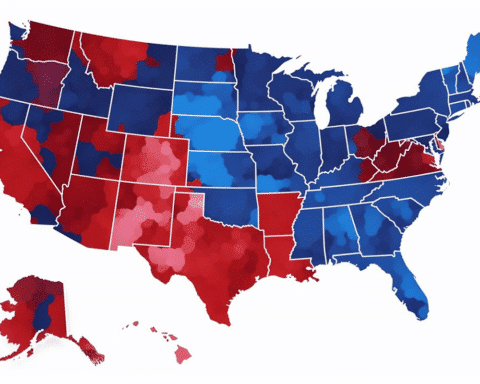The economic policies outlined by U.S. President-elect Donald Trump are set to bolster the American economy, with a strong focus on strengthening the U.S. dollar. While this approach aligns with domestic growth objectives, it raises critical questions about its impact on global trade, emerging markets, and financial stability.
A strengthened dollar, driven by tax cuts, tariff increases, and cost-reducing measures, is expected to enhance investor confidence and solidify the U.S. economic position. However, for countries reliant on trade or burdened by dollar-denominated debt, these policies could present significant challenges. The dollar’s status as the world’s primary currency for trade means that its fluctuations have far-reaching consequences.
Trade Dynamics Under Pressure
Global trade operates largely in U.S. dollars, making currency fluctuations a pivotal factor in economic stability. A stronger dollar effectively reduces the value of other currencies, increasing the cost of imports for nations with weaker currencies. This dynamic discourages global trade activity and can stifle growth in economies that depend heavily on exports.
For countries trying to maintain a competitive edge in international markets, a robust dollar complicates matters. Export-dependent nations may find their goods priced out of global competition, as buyers face higher costs. This could lead to a downturn in trade volumes, hampering economic progress in both developing and developed economies alike.
Debt Management Challenges
For nations with substantial dollar-denominated debt, a stronger dollar escalates repayment burdens. As the value of the dollar rises, the cost of servicing debt becomes more pronounced, potentially leading to budget deficits and limited public spending. Countries already grappling with high debt levels could find themselves in financial distress, forced to prioritize repayments over essential domestic investments.
Emerging markets face a dual burden. Many rely on importing raw materials priced in dollars, and a stronger dollar inflates these costs. Coupled with rising debt repayments, this can trigger inflation, reduce spending power, and lead to economic instability. Governments in these regions may need to revise their fiscal policies to counteract these pressures.
Global Stability at Risk
While a robust U.S. dollar signals confidence in the American economy, its global implications are more complex. Policymakers worldwide must contend with the resulting strain on trade, debt management, and inflation. For emerging economies, these challenges could lead to slower growth and heightened economic vulnerabilities.
The interconnected nature of the global economy underscores the importance of balancing domestic gains with international stability. As the U.S. moves forward with its policy agenda, the world will need to adapt, ensuring that global trade and financial systems remain resilient in the face of a shifting economic landscape.





